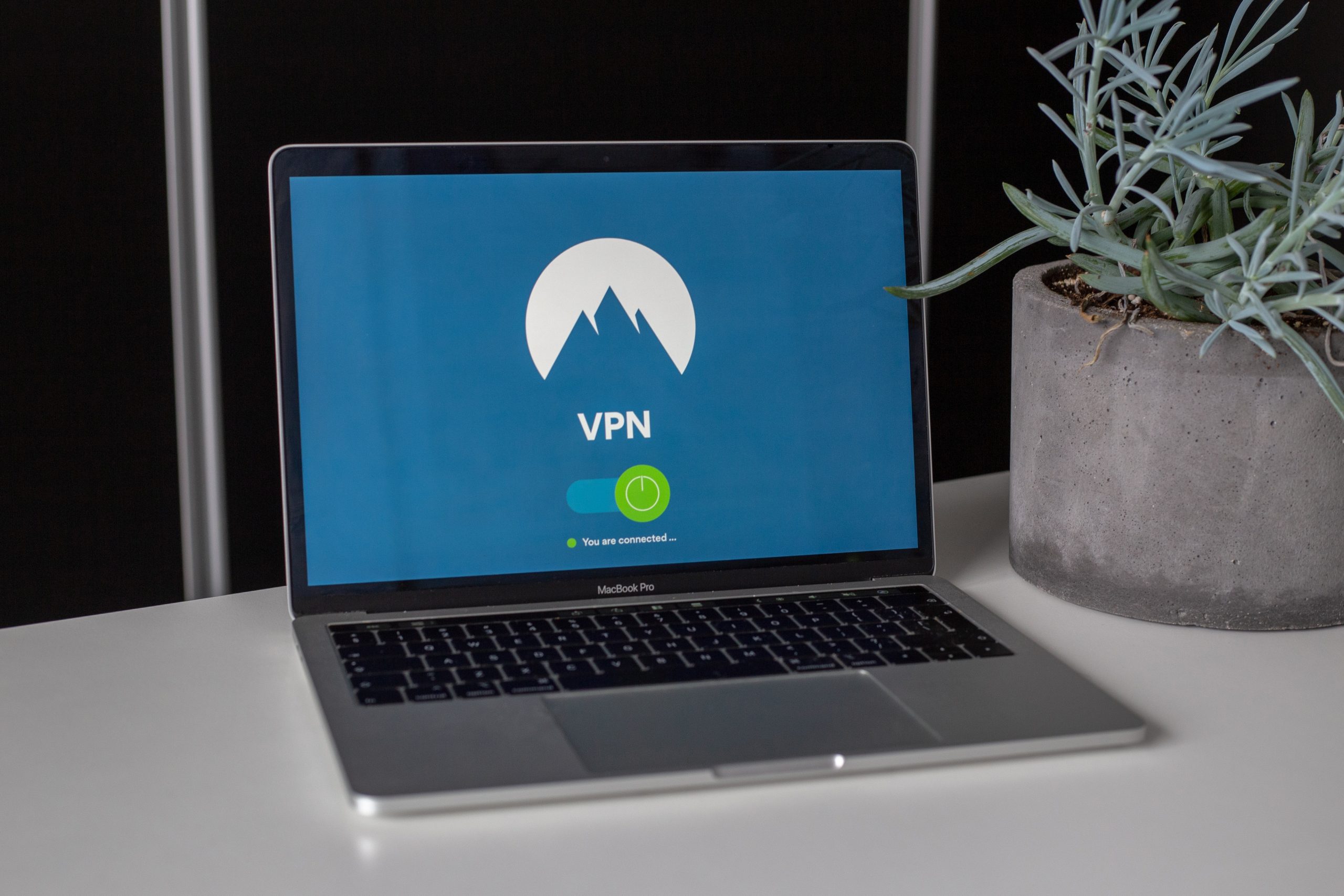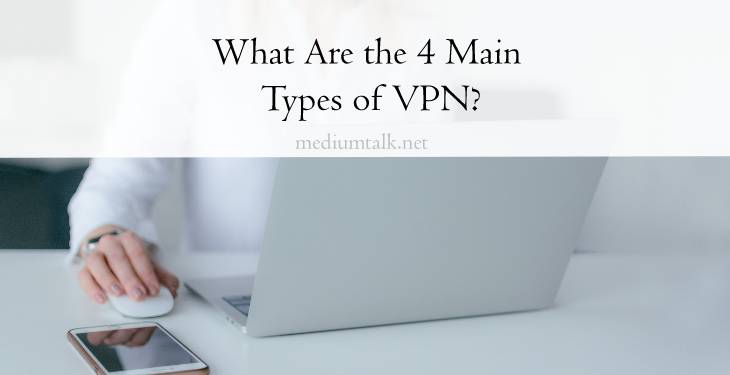Virtual Private Networks (VPNs) are becoming increasingly popular as people become more aware of the need to protect their online privacy and security. For those unfamiliar with VPNs, they are an essential tool for protecting data when connecting to the internet. In this article, we’ll take a look at the four main types of VPNs, discuss how they work, and what makes them different from each other. We’ll also provide some tips on how to decide which type of VPN is best for you.

1. Personal VPN
A personal VPN service is a type of virtual private network (VPN) that enables users to protect their online activities, maintain privacy, and access restricted web content. A personal VPN hides your IP address and encrypts data exchanged between your device and the internet, making it impossible for third parties to intercept communications or access sensitive information.
Personal VPN services can be used for various purposes including accessing geo-restricted content from different countries, bypassing censorship in certain countries, or protecting yourself from malicious actors on public networks. It can also be used to keep your browsing activity hidden from governments and ISPs which may otherwise collect data about you without your knowledge. Additionally, a personal VPN will provide encryption that prevents others from being able to view what you are doing online as well as help prevent hackers from stealing data while connected to an unsecured Wi-Fi connection.
2. Remote access VPN
A Remote Access VPN (Virtual Private Network) is a type of technology used to provide remote users secure access to a private network. It combines the security of an encrypted connection with the ease of use and convenience associated with the internet. With a Remote Access VPN, businesses can protect their sensitive data from being accessed by unauthorized persons.
Using a Remote Access VPN, remote workers can securely connect to their office’s local area network (LAN) as if they were physically in the same location as everyone else in the office. By utilizing this technology, companies can allow employees working from home or from other locations to access important data and applications without putting any company information at risk of being exposed. A Remote Access VPN also allows organizations to securely connect multiple offices, providing them with a secure way for their employees to collaborate on projects across different locations.

3. Mobile VPNs
Mobile Virtual Private Networks (VPNs) are a type of technology that allows users to securely access a private network over the internet. VPNs create an extra layer of security for mobile networks, allowing users to securely access the internet and their corporate applications while on the go. A mobile VPN works by creating a secure tunnel between a user’s device and the corporate network they are accessing.
This tunnel is encrypted, meaning that all data sent through it remains confidential and secure – even if it is intercepted or accessed by an unauthorized third party. Additionally, this encryption helps protect data from malicious attacks such as malware, phishing attempts, and DNS spoofing. By adding extra layers of protection to any device connected to the Internet, Mobile VPNs allow organizations to maintain privacy in an ever-connected world.
4. Site-to-site VPN
Site-to-site VPNs are a powerful tool for businesses and organizations looking to expand their digital capabilities. A site-to-site virtual private network (VPN) is a type of private network that links two or more remote sites together over the internet. The technology establishes secure connections between different offices, locations, or networks to allow users to securely access resources from anywhere in the world.
Site-to-site VPNs can be used for many applications, including file sharing, voice and video conferencing, email services, database access, and more. Additionally, they offer increased security by encrypting data sent across the connection. This means data remains safe from unauthorized access even when it’s being transferred across an untrusted public network like the Internet.
Four main types of VPNs are used to protect and secure a user’s traffic. They include Remote Access, Personal, Mobile, and Site-to-site VPNs. Each type has its own set of features and benefits that vary depending on the needs of the individual or organization. The type of VPN chosen should depend on the specific purpose for which it is needed.
